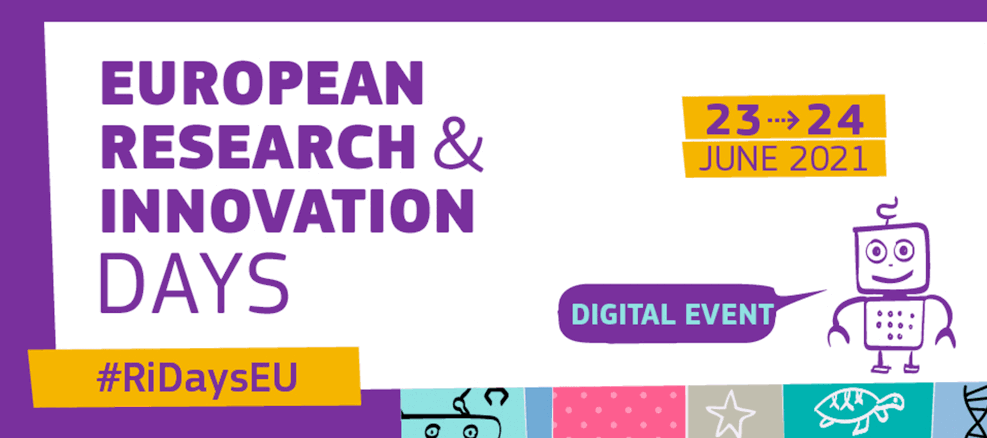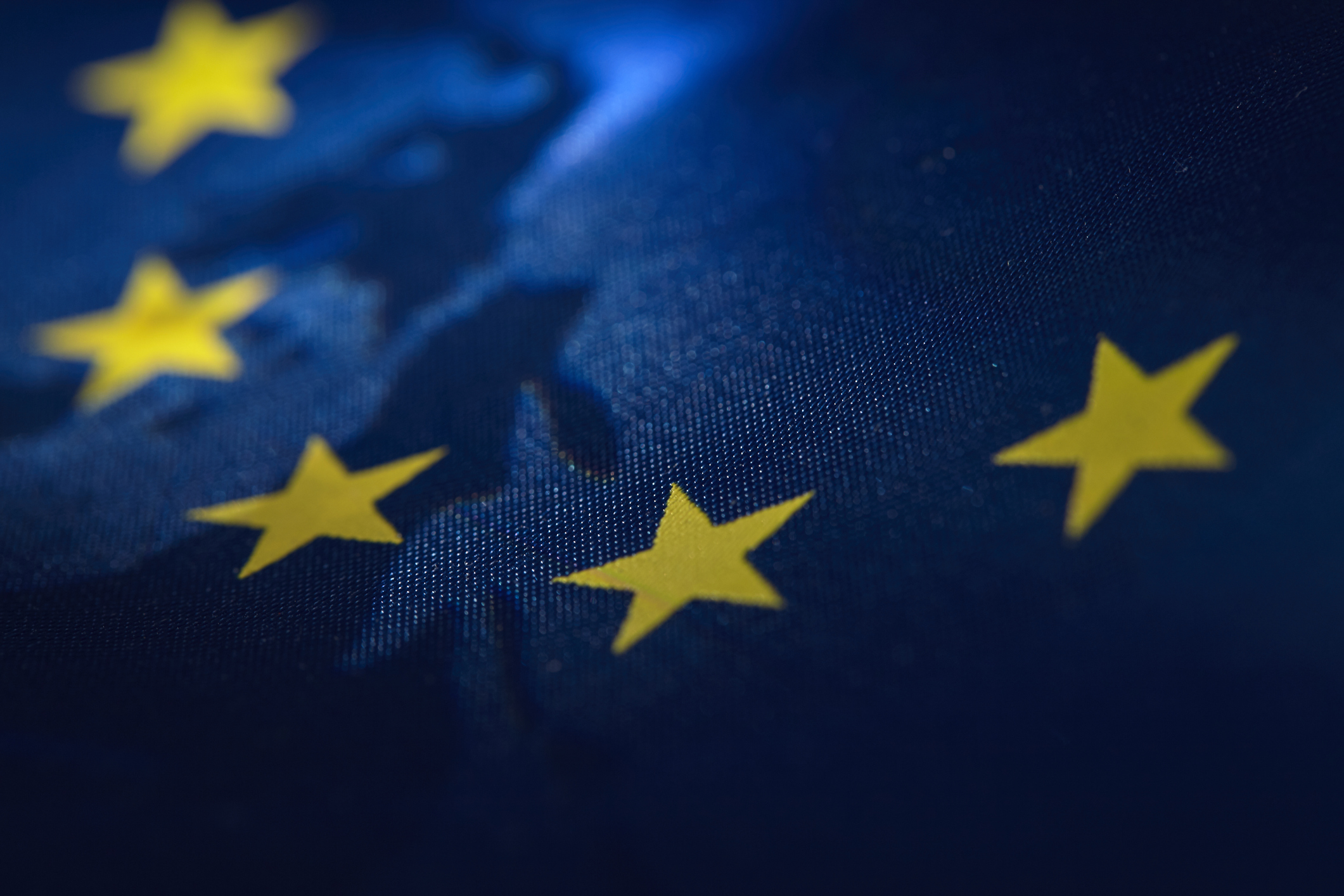
Jean, European Heritage Tribune. May 6, 2021. (Read the original article on EHT)
On 28 April, the European Parliament passed the new Horizon Europe legislation. After three years of negotiations on contents and budget, MEP’s approved a €95.5B plan (in current prices) for European innovation and research. A noteworthy part of the seven year programme is the first time inclusion of a dedicated cluster budget for the cultural (heritage) and creative sector.
Notewhorty developments
The new Horizon Europe programme is structured around three pillars that are divided into specific subjects. For the first time ever, the authors of the programme included a cluster dedicated to Culture, Creativity and Inclusivity. According to its web page, it aims to safeguard cultural heritage and European democratic values, among other things.
Another notable addition is the start of the European Innovation Council which will award grants and make equity investments to help small and medium-sized companies scale up new technologies.
📢 #HorizonEU, our most ambitious #research & #innovation programme ever, has been approved by @Europarl_EN! 🧪💡
With a €95.5bn budget, it will push the boundaries of #science & boost 🇪🇺 #innovation for citizens & for our 🌎. pic.twitter.com/n7Y2o2sv4g
— Mariya Gabriel (@GabrielMariya) April 28, 2021
Increase or decrease?
After three years of tough negotiations, the member states agreed last year to allocate more resources to the post-pandemic recovery fund. This resulted in a lower Horizon Europe budget than MEP’s hoped for. Despite that, the €95.5B fund in current prices is still an improvement from the previous €76.26B budget in 2018 prices for Horizon2020. The European Commission mentioned that this net allocation marks an increase of 30%.
European Commissioner for Innovation, Research, Culture, Education, Youth and Sport Mariya Gabriel reckoned the programme received the best possible budget under challenging circumstances, Science Business reported. “But I’m not complacent”, she added, suggesting that work to secure additional funding needs to continue.
Horizon Europe co-author Christian Ehler said to be happy with the success of the largest civilian research and development programme in the world. However, he admitted he believes Horizon Europe needs more funding. “The glass is half full and half empty”. Ehler urged his colleagues to find new ways to increase the programme’s budget.
https://twitter.com/EPCulture/status/1387369379873054723?s=20
First steps funding
Horizon Europe marks new opportunities to secure funding, especially for the cultural heritage now that a dedicated Cluster has been introduced. In order to apply the Horizon Europe strategic plan included several goals the clusters are set out to achieve. Check out below the plan’s densely formulated thoughts on how Cluster 2: Culture, Creativity & Inclusive Society can make a difference. You can also download the full strategic plan at the end of this article.
The cluster the full potential of cultural heritage, arts and cultural and creative sectors as a driver of sustainable innovation and a European sense of belonging is realised through a continuous engagement with society, citizens and economic sectors as well as through better protection, restoration and promotion of cultural heritage. The investments will result in better access to, understanding of and engagement with cultural heritage. They will bring to the fore common values, traditions, beliefs and the different influences our cultures have been exposed to and have absorbed over time. This will support the emergence of a sense of belonging and building a European identity based on the common roots of the diversity of European cultural heritage while opening up new perspectives and dimensions for the future.
Research and innovation results will contribute to European integration and societal cohesion by providing better, wider and more equal access to culture, heritage and the arts and by analysing the role of culture and cultural heritage in multi-cultural societies and patterns of cultural inclusion and exclusion. Horizon Europe activities will also enhance the governance and cooperation of European cultural heritage institutions and networks. As a key action, they will improve the protection, enhancement, conservation and more efficient restoration of European cultural heritage. Research activities will increase the quality standards for conservation and restoration of European cultural heritage. Research and innovation will provide solutions for making the EU a world leader in conservation technologies, management, high quality digitisation and curation of digital heritage assets. Supported activities will provide research and innovation for developing sustainable and inclusive cultural tourism in Europe. They will also increase capacities for the protection of endangered cultural heritage and deployment of preventive measures against the illicit trade in cultural goods. Research and innovation will also help the preservation of endangered languages. Research and innovation within this cluster will support European policies that strengthen the innovation potential of cultural and creative industries, contributing to sustainable growth and job creation.


